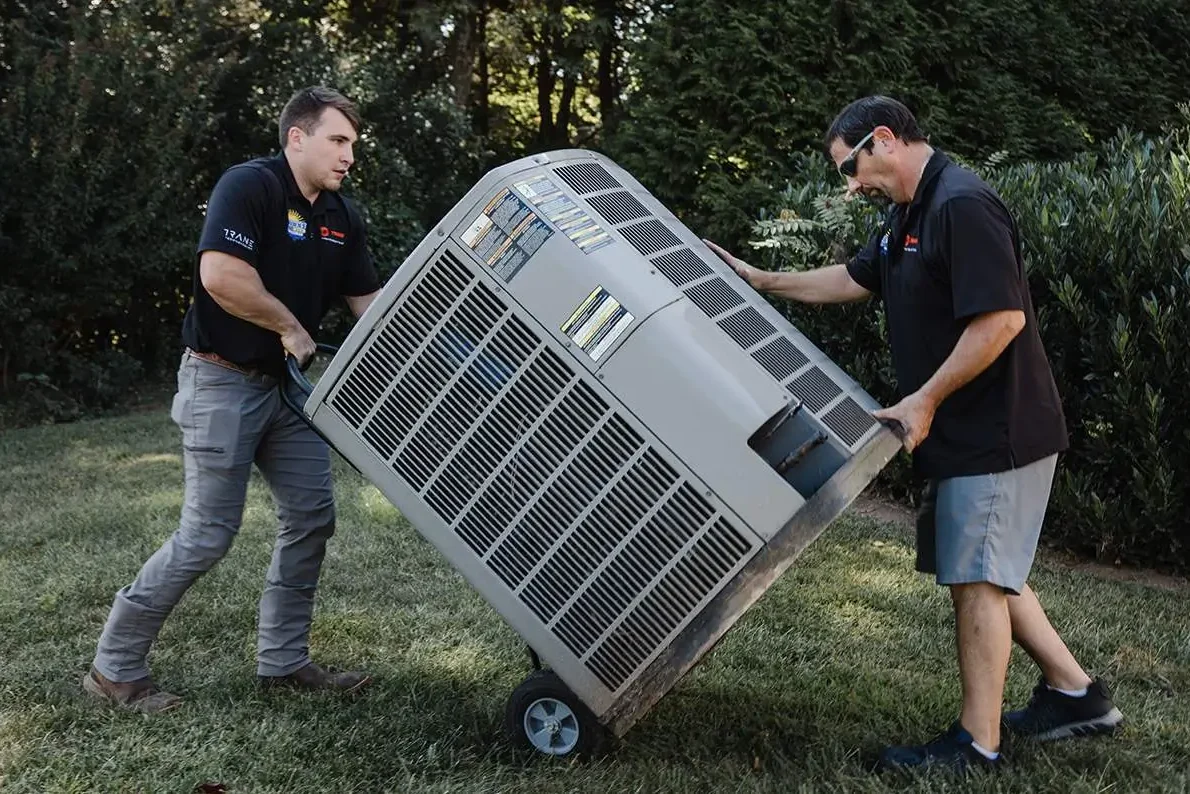HVAC Licensing
Illinois HVAC: How to get certified and licensed in IL
Table of Contents
Download the Checklist!
Starting an HVAC business in Illinois is easier than you think. Get your start in the industry by obtaining your Illinois HVAC license.
In this guide, you’ll learn about Illinois HVAC licensing requirements and the benefits of the profession.
- Do you need a license in Illinois to become an HVAC technician?
- What are the different types of optional HVAC certifications?
- EPA Certifications
- NATE License Certifications
- ASHRAE Certifications
- Average wages for HVAC professionals in Illinois
- Benefits of getting an HVAC license
- How much does it cost to get an HVAC license in Illinois?
- How to get an HVAC license in Illinois
Do you need a license in Illinois to become an HVAC technician?
No, Illinois does not require a state license. However, to open an HVAC contracting business, you will need a business license. You may also benefit from optional licenses and certifications, which demonstrate your skills, abilities, and permission to complete certain niche work jobs.
What are the different types of optional HVAC certifications?
The following organizations issue HVAC certifications: the Environmental Protection Agency (EPA), the North American Technical Excellence (NATE) and the American Society of Heating, Refrigeration and Air Conditioning Engineering (ASHRAE).
EPA Certifications
Anyone who works with refrigerants must obtain the EPA 608 Certification. The EPA offers four levels of certification:
- Type I for servicing small appliances
- Type II for servicing or disposing of high to very high-pressure appliances
- Type II for servicing low-pressure appliance
- Universal, covering all three types
All applicants must pass the EPA’s core section, which covers knowledge on ozone, depletion, the Clean Air Act and the Montreal Protocol, and Section 608 regulations. This certification never expires.
NATE License Certifications
NATE certifications are more comprehensive than EPA certifications. You’ll find four different types of NATE license certifications:
- Ready-to-Work Certificate: An entry-level exam available online focusing on essential job skills
- HVAC Support Technician: A certificate for technicians working toward advancing within the profession
- Core and Specialty Test: A certificate for technicians with at least two years of experience
- Senior Level Efficiency Analyst: A certificate for technicians seeking the highest NATE designation. Applicants must hold at least two NATE certifications before taking the exam.
ASHRAE Certifications
HVAC designers and engineers create comfortable indoor environments. One of the most popular designations is Certified HVAC Designer. This designation demonstrates your ability to size equipment properly, perform load calculations, and design piping.
Average wages for HVAC professionals in Illinois
Because Illinois does not have designations for apprentice, journeyman, or master HVAC professionals, pay varies. You may command a higher hourly wage or salary if you hold one or more of the certifications listed above. Your education and experience also factor into your salary, as does where you live; larger cities may pay more for HVAC professionals than small towns.
The average hourly pay for an HVAC technician or mechanic in Illinois ranges from $18.75 to $48.82, with an average rate of $30.26 per hour. If you receive overtime pay for working nights and weekends or more than 40 hours per week, you could earn more than the average.
Salaried HVAC professionals, like a manager or field supervisor, may earn an average salary of $83,395 per year, although there is a broad range, with entry-level positions starting at $57,268; higher paying positions may command as much as $121.441 per year.
Benefits of getting an HVAC license
The HVAC industry keeps growing. Getting an Illinois HVAC license or certification validates your knowledge as a professional technician. You’ll earn more money as employers will pay more for those who have greater knowledge and experience in the industry. If you start your own business, the necessary licenses will give your customers peace of mind and may result in more sales.
How much does it cost to get an HVAC license in Illinois?
The cost for optional certifications, like an EPA Section 608 certification or one of the many NATE certifications, varies with the type of certification you seek, and whether you must pass one or more exams to obtain it.
Some HVAC schools include the cost of an initial test in the tuition. To find out specific costs, check with the school or organization administering the exam.
How to get an HVAC license in Illinois
Most Illinois residents enroll in a trade school or a community college to get their start in the HVAC industry. Most HVAC technician programs are six to nine months. To become an HVAC engineer, you must attend a four-year institution and earn a bachelor’s degree in engineering. To become qualified as an entry-level technician, these schools are considered among the best in Illinois:
- ETI School of Skilled Trades, Willowbrook
- Elgin Community College, Elgin
- Oakton Community College, Des Plaines
- College of Lake County, Grayslake
- Waubonsee Community College, Sugar Grove
The top colleges in Illinois for HVAC engineers include Northwestern University, the University of Illinois Urbana-Champaign, and the Illinois Institute of Technology.
For technician schools, the costs range from $1,100 to $27,000. For four-year degrees, consult the websites of individual universities. Financial aid is available through grants and scholarships. In some cases, students can apply for financial help through FAFSA (Free Application for Student Aid).
Your school will provide study resources to pass the certification exams to qualify for an Illinois HVAC license. Certification licenses are issued by the organization issuing the certification, including the EPA, NATE, and in some instances HVAC Excellence.

Other industry licenses

Other industry licenses
LEARN FROM THE PROS
Helpful content for the trades
Explore our collection of helpful articles written by top experts in their field to seasoned pros in the field. Strengthen your field service knowledge and stay current on the latest industry topics and trends.